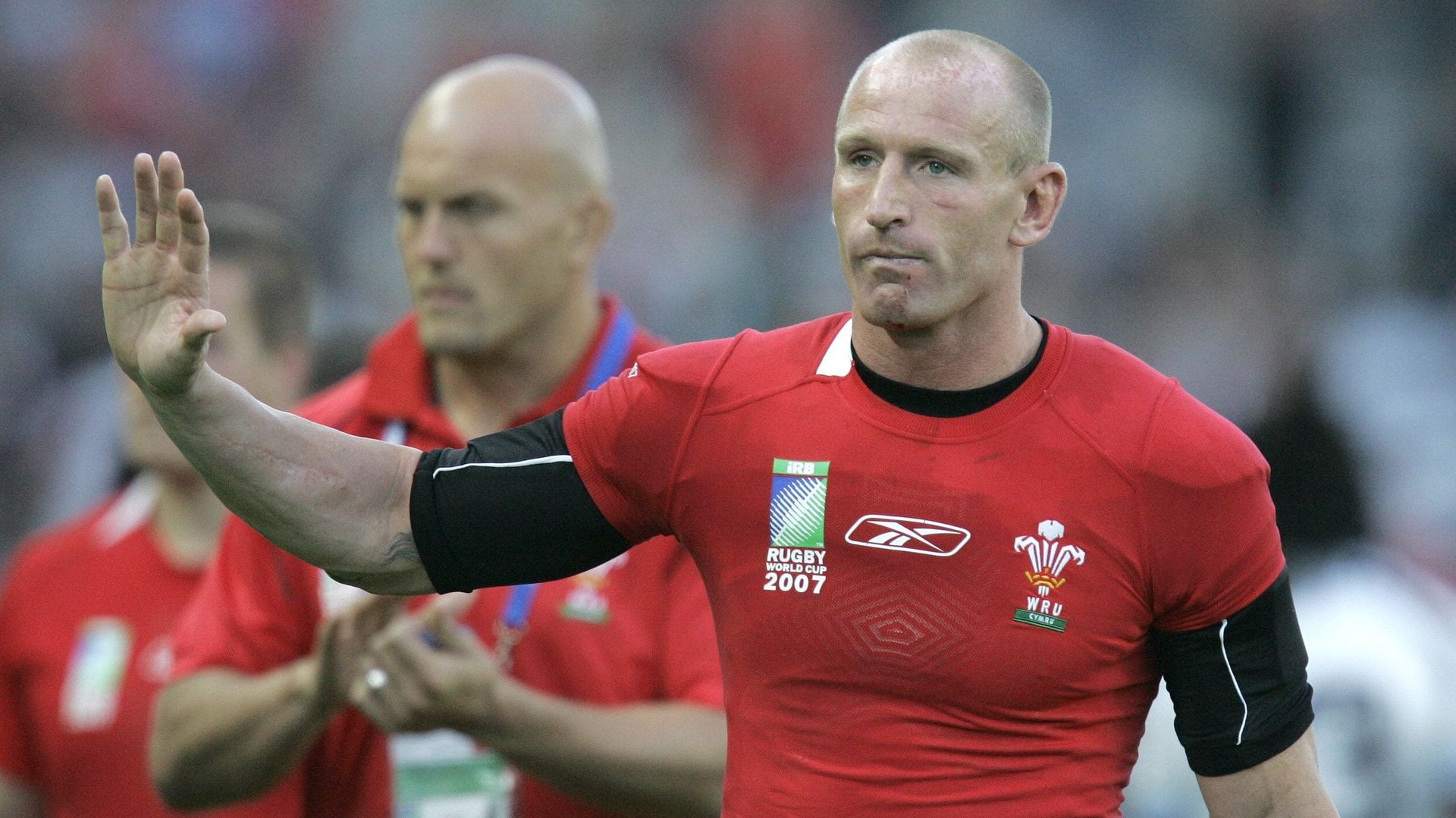Watch a Wales rugby legend explain why he didn’t press charges after a homophobic hate crime
Gareth Thomas is the second-highest try scorer in Welsh international rugby union history, and one of its most-capped players ever (that’s rugby slang for appearances in games at the international level). He captained the British and Irish Lions team. He is now 44. He also is gay.


Gareth Thomas is the second-highest try scorer in Welsh international rugby union history, and one of its most-capped players ever (that’s rugby slang for appearances in games at the international level). He captained the British and Irish Lions team. He is now 44. He also is gay.
Thomas came out publicly in 2009, making him the first openly gay professional rugby union player. (He retired from playing rugby in 2011.) As he told The Guardian, coming out was one of the most painful experiences of his life, largely because of the backlash and ridicule he faced from other players and a portion of the public:
“It didn’t make me angry, it just made me really sad – and that’s a horrible emotion,” he said, reflecting on a homophobic chant waged against him during a 2009 match he was playing for the Crusaders.
“I can deal with anger. I can release my anger in the game and use it to motivate me. But when something makes you sad… I remember thinking to myself: ‘Why have I gone through all this serious amount of pain… to be standing here, the subject of abuse. Was it worth it?’”
Last night (Nov. 17), nearly 10 years after publicly coming out, Thomas was attacked by a 16-year-old boy in his home city of Cardiff, in what officials are calling a homophobic hate crime.
Instead of pressing charges, Thomas requested to engage with the teenager via restorative justice, a rehabilitation process by which offenders reconcile with their victims, usually with a conversation moderated by a third party.
Thomas and the teenager engaged in a restorative discussion the same night as the attack. In the process, the boy apologized to Thomas.
On Nov. 18, Thomas shared a video on Twitter explaining why he chose restorative justice, and what he hopes society at large learns from his experience: “This morning I have decided to make what I hope will be a positive video. Last night I was the victim in my home city of a hate crime for my sexuality,” he says.
“Why I want it to be positive, is because I want to say thank you to the police who were involved and were very helpful and allowed me to do restorative justice with the people who did this, because I thought they could learn more that way than any other way.”
Thomas’ response epitomizes the culture-shifting power of empathy, and vulnerability at scale.